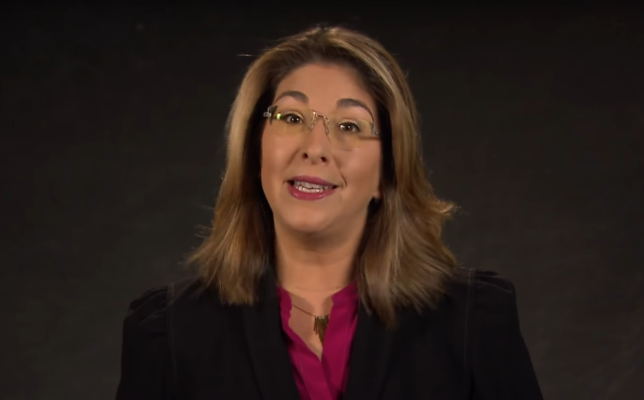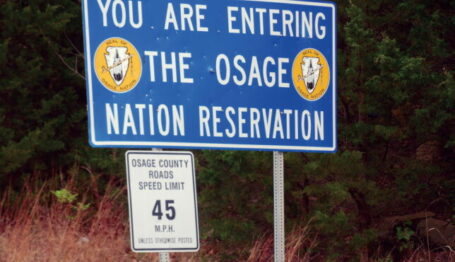Green Watch
Apocalypse Klein: Corona Crisis Solutions from the Green New Deal Peddler
 Naomi Klein
Naomi Klein

In a nine-minute video posted at The Intercept on Monday, Green New Deal press secretary Naomi Klein analyzes our corona virus challenge and observes it is “starting to seem like the only reasonable path to get out of this crisis and prevent future ones” is to implement Medicare for All, the Green New Deal, and cancel student debt. On the way to that dubious point she takes a rhetorical stroll through Trump Derangement Syndrome, at one point hinting he may cancel the 2020 election.
Klein has written innumerable essays and even entire books full of sketchy justifications for the Green New Deal. (I reviewed her latest book in January). So, while it’s valid to argue that the Green New Deal won’t solve or prevent a global pandemic, it’s more important to understand that Klein’s point was aimed at how to take advantage of the crisis, not solve it.
Misrepresenting Milton Friedman
The video begins with a quote from the late free-market economist Milton Friedman:
Only a crisis—actual or perceived—produces real change. When that crisis occurs, the actions that are taken depend on the ideas that are lying around.
It ends with Klein encouraging the Left to seize what she thinks is Friedman’s advice:
This is no time to lose our nerve. The future will be determined by whoever is willing to fight harder for the ideas they have lying around.
Klein misrepresents Friedman’s point (and apparently has been misrepresenting him for more than a decade). In the full quote he states that the “politically possible becomes the politically inevitable” when a crisis reveals flaws in a system of government. So, says Friedman, it’s critically important to keep your best solutions “lying around” where they’re ready to be used.
I can’t pretend to say with certainty which ideas the great man might have plucked off the shelf to throw at a pandemic, except to confidently predict he wouldn’t have agreed with Klein. However, here’s just two helpful ones that would have been 100 percent in line with his philosophy: abolishing certificate-of-need laws and giving the poor transit subsidies.
Abolish “Certificate of Need” Laws
Certificate-of-need laws are a pure restraint of trade. Under such laws state regulators decide how many hospital beds, ambulances, MRI machines, and so forth should exist in a geographic region. Of course, the incumbent providers of these services (hospitals, ambulance companies, etc.) argue vigorously to the regulators that competitors should be kept out. Imagine all the pizza joints in your city voting on whether another one should open for business, and you have a rough idea how the certificate-of-need process works.
Hopefully, we won’t run out of hospital beds and equipment needed to treat those suffering from the corona virus. But if that horrible outcome occurs, this one regulation in many states may indeed kill people.
Transportation Vouchers
Public transit is to transportation what public toilets are to restrooms—a necessary evil to be avoided if a cleaner and private option is available. In a common flu season (which kills tens of thousands of Americans annually) public transit allows American commuters to begin and end each workday with an outstanding opportunity to give and receive the latest superbug from dozens or hundreds of others. It’s like “virus Christmas” every day of the year. In the current crisis, the same logic that has led some states to close restaurants and prohibit gatherings of more than 10 people should have already led many city transit agencies to suspend operations.
Better yet, most of them don’t ever need to reopen. In most American urban areas, nearly all daily commuters travel in private vehicles. The exceptions are low-income people, and in smaller numbers the disabled and the elderly. Addressing these concerns in almost every American city does not justify—either economically or as a matter of public health—the ongoing investment in fixed bus routes or rail lines for the masses, and the large taxpayer subsidies paid for the rides.
Instead, we should take a cue from the food stamp program: Sell the buses, cancel the subsidies, and instead give away the taxpayer cash as transportation vouchers to the low-income adults and working poor whom we say we’re trying to help. Let them use these accounts to pay for ride-sharing trips (such as Uber/Lyft), carpooling services, or even purchasing a vehicle. A real compassion for the poor would be a transportation program that maximizes flexibility, helping them move comfortably, cleanly, and directly to their destination when they desire—just like the rest of us.



